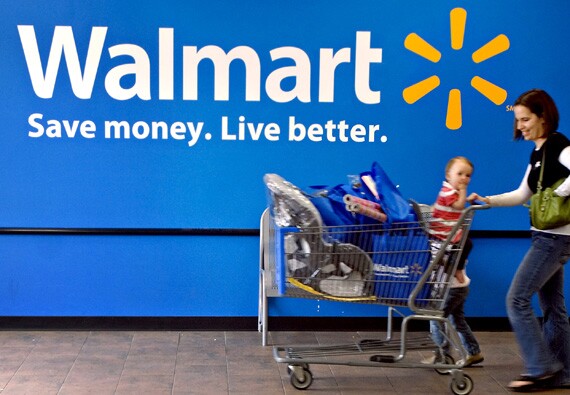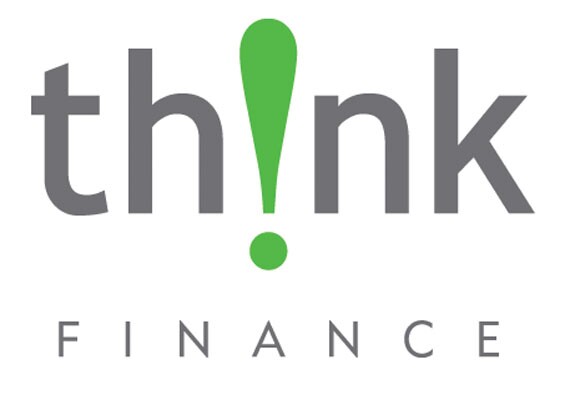

Square

Walmart

Isis


PayPal

ThinkFinance

Wonga










The two companies are collaborating on making the digital asset private for payroll and other business transactions. While it's unusual, as the most well-known stablecoins are on public ledgers, tech firms are warming to the idea.
Following a $60 million credit hit, the Salt Lake City bank said that it hasn't found any other related problem loans.
The parent company of Heartland Bank and Trust plans to acquire a smaller bank based in Carlinville, Illinois. The acquisition would give the buyer added heft in Central Illinois, as well as the Chicago and St. Louis metro areas.
Six trade groups warned the administration layoffs and funding freezes could dampen lending, threatening the administration's goal of economic growth.
The Boston-based bank is the second bank in three months to face pressure to sell by the activist investor group HoldCo Asset Management.
Comptroller of the Currency Jonathan Gould said in an interview with American Banker that his agency is looking at whether its own internal guidance may have contributed to a climate where banks feel the need to "cite everything" to avoid supervisory penalties.